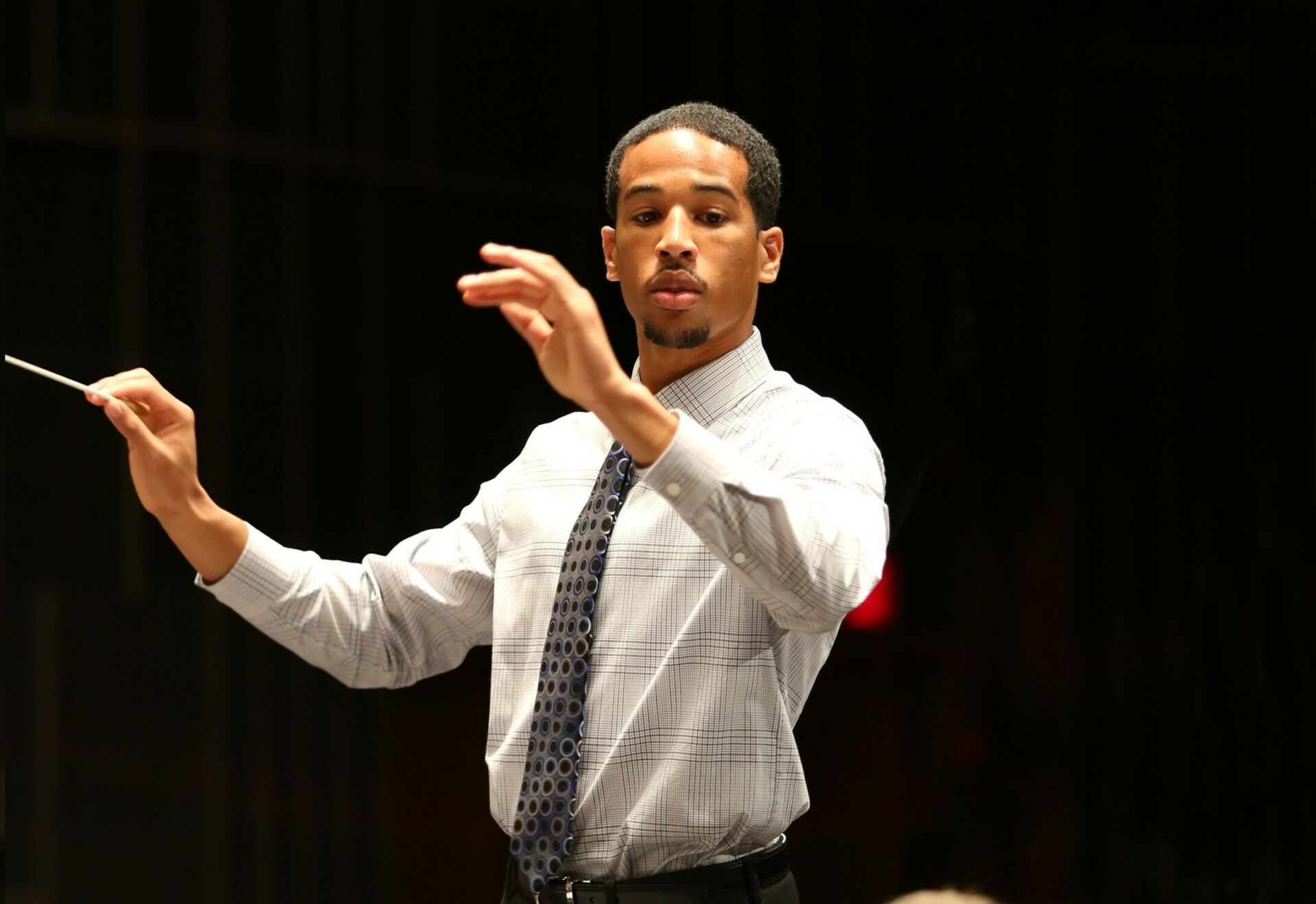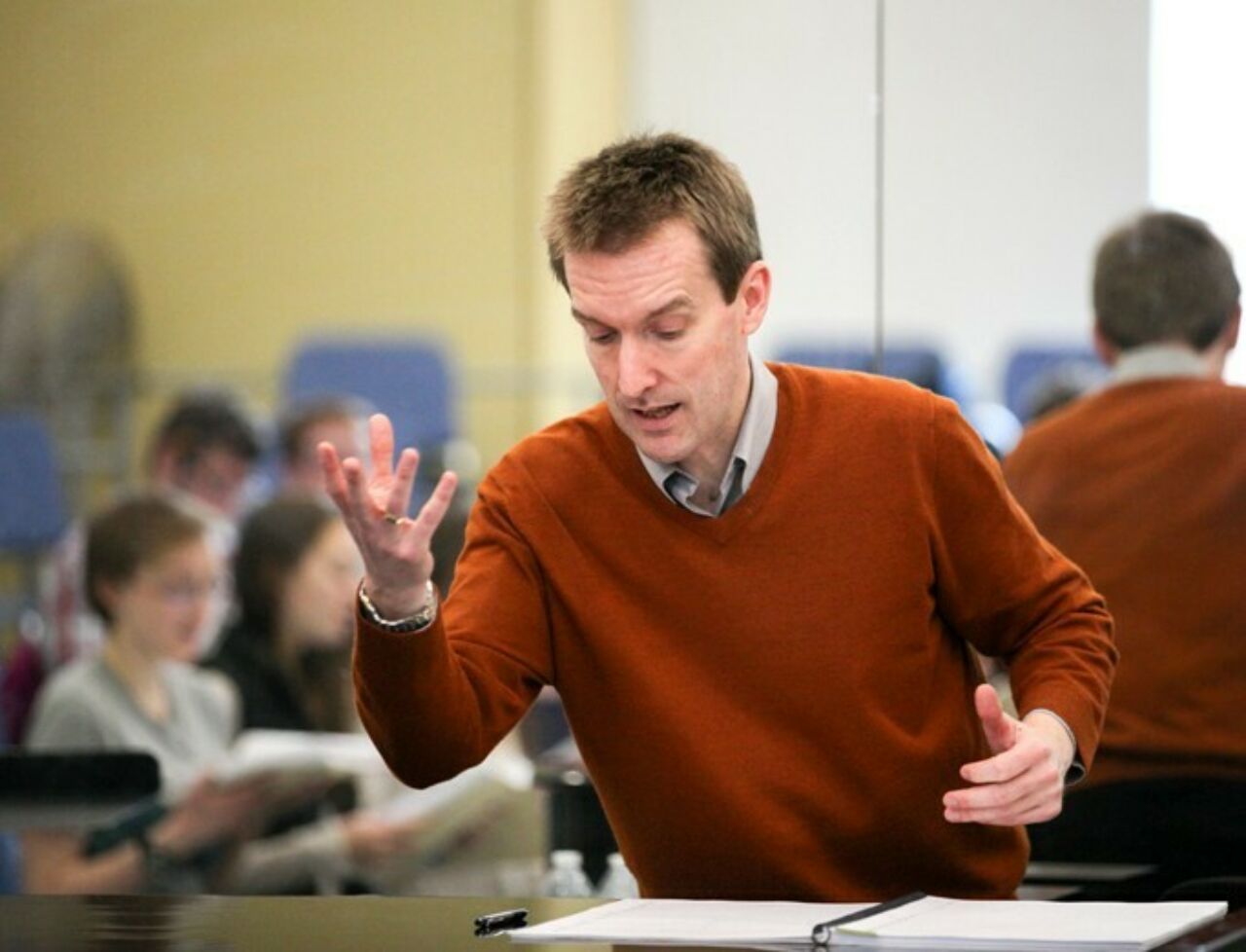
Music Education, M.M.E.
Master of Music Education
For music teachers who want to further their professional development.
Blending theory and practice, the M.M.E. program allows music teachers to develop professionally as both instructors and potential researchers. The program provides the opportunity for advanced study in music, music learning and teaching, and research-based practice.
Program Application Deadline
Applications received and completed by December 1 will be fully considered for admission and funding. Applications including auditions and interviews, by February 15 will be given consideration for admission and potentially for funding.
To be assured full consideration, please review all details on program and admission requirements, and ensure that you apply by this deadline.
Earn an M.M.E. at Penn State
Next Steps
Is the M.M.E. right for you?
The M.M.E. program is designed to provide candidates with:
- A deeper level of musical skill and understanding.
- An increased knowledge and skill in the pedagogy of music teaching.
- Skills in interpreting and applying research.
The courses and experiences in this degree program are most meaningful for teachers who have taught music in K-12 settings beyond the student teaching experience.

Considering the M.M.E? Consider this.
Classes blend theory and practice so you can build on your music teaching experience.
- You’ll earn a master’s degree after 30 credits of coursework.
- Program can be completed in two years.
- Share your own teaching experiences and learn from your classmates’ experiences.